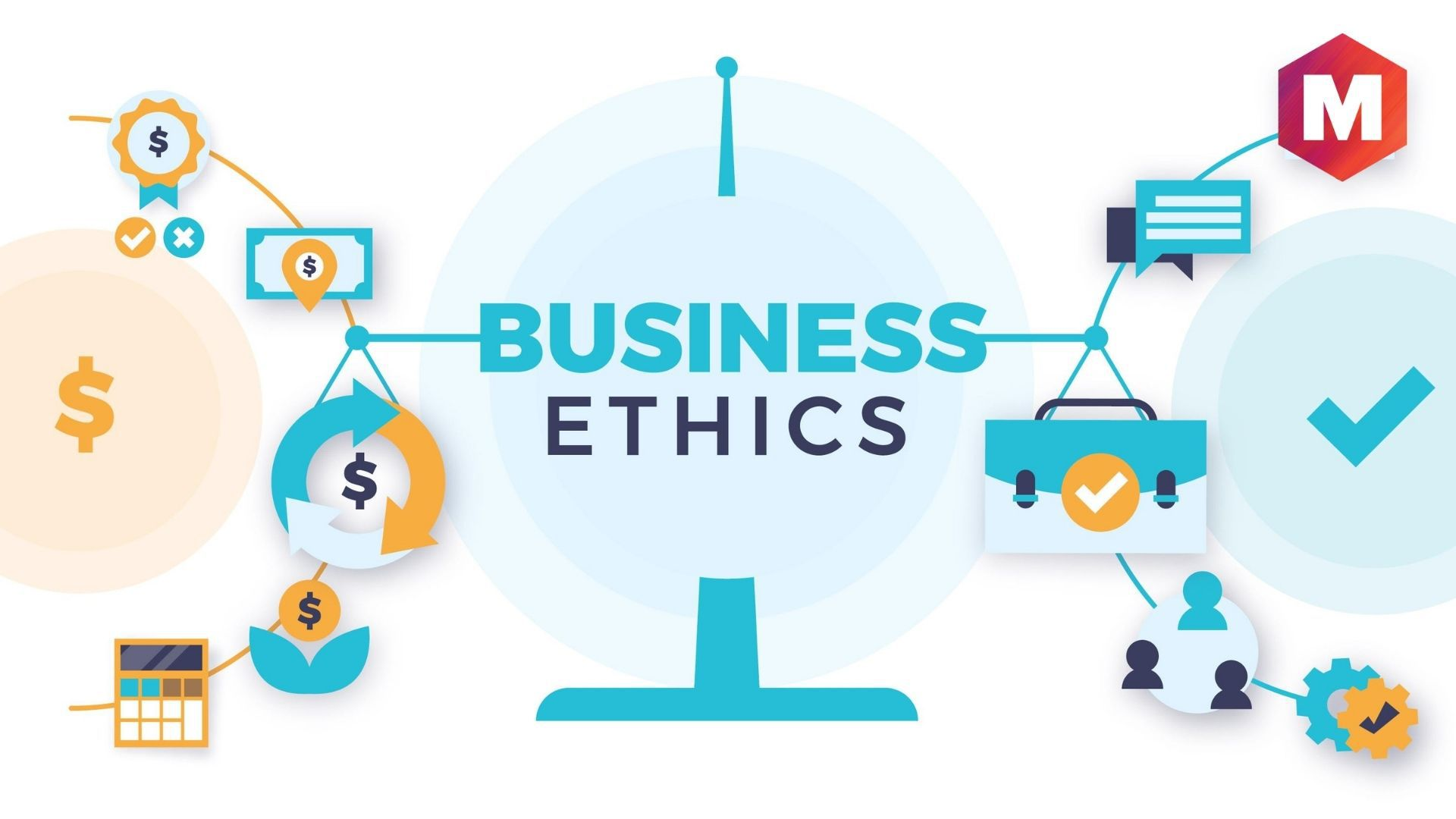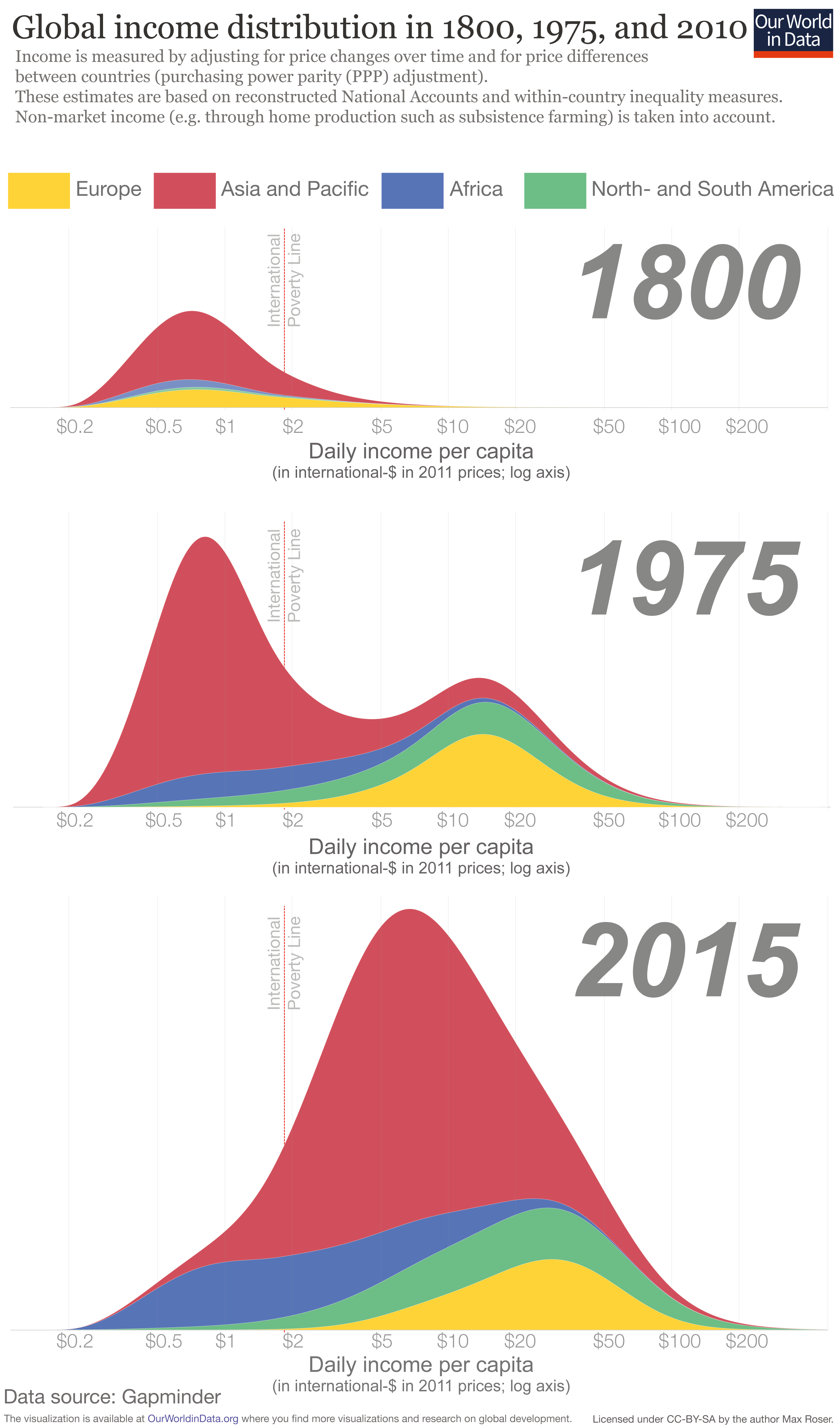
Business Ethics: Strategies for Effective Decision Making
Business ethics plays a critical role in shaping the corporate landscape, demanding integrity and accountability from organizations worldwide. In an era where ethical decision making often unfolds in complex legal gray areas, understanding corporate ethics has never been more essential. Executives are tasked with navigating a landscape where not every decision is clear-cut, requiring a nuanced approach to business decision making. This growing complexity forces leaders to exercise careful judgment, reflecting on the underlying philosophy of ethics that guides their actions. As cases like those of Sam Bankman-Fried and Elizabeth Holmes illustrate, the repercussions of ethical lapses can be monumental, making it imperative for business leaders to adopt robust strategies for ethical dilemmas.
In today’s corporate environment, moral governance forms the backbone of operational integrity. The principles of ethical conduct not only define how companies engage with stakeholders but also influence strategic choices, particularly in ambiguous situations. Executives and business managers face rising expectations to maintain ethical standards while contending with the shifting dynamics of stakeholder relationships and societal responsibilities. Consequently, understanding the multifaceted nature of principled decision-making is crucial for avoiding pitfalls that could jeopardize both reputation and financial stability. As the discourse around corporate responsibility evolves, so too does the imperative for accurate ethical evaluations in every facet of business.
The Evolution of Business Ethics in Decision Making
Business ethics have undergone a significant transformation over the past few decades, evolving from theoretical moral philosophies to a more pragmatic and situational approach to ethical decision making. Today, business leaders are faced with complex dilemmas that require a nuanced understanding of corporate ethics, rather than mere adherence to established norms. This shift is largely influenced by an increasingly interconnected global marketplace where decisions often have far-reaching implications that extend beyond local jurisdictions.
The emphasis on the practical application of ethics highlights the need for professionals to develop a keen awareness of their surroundings and the consequences of their actions. In this context, business decision-making strategies incorporate a broader perspective that includes stakeholders’ interests, accounting for social, legal, and environmental responsibilities. As organizations navigate these complexities, leaders are encouraged to engage in critical thinking and reflective practices to arrive at ethical solutions that align with both corporate goals and societal expectations.
Understanding Ethical Gray Areas
Ethical gray areas present a unique challenge in today’s business landscape, requiring executives to exercise judgment and discernment to navigate potential conflicts of interest. Legal gray areas, where laws may be ambiguous or contradictory, complicate ethical decision making. In such situations, understanding the philosophy of ethics becomes essential, as it equips leaders with tools to identify and mitigate risks associated with moral dilemmas. This is not merely a theoretical exercise; it is a real-world application that determines the success or failure of corporate governance.
To effectively manage ethical gray areas, business leaders must cultivate an atmosphere of transparency and collaboration within their organizations. This means encouraging open dialogue about ethical concerns and fostering a culture where employees feel safe discussing potential dilemmas. By harnessing the collective intelligence of their teams, leaders can sift through biases and develop comprehensive strategies to tackle gray areas, ensuring that decisions are not only legally compliant but also ethically sound.
In dealing with ethical uncertainties, leaders should reflect on the implications of their decisions, considering both short-term gains and long-term consequences. This reflective practice is vital in guiding individuals through the murky waters of corporate ethics.
The Role of Reflection in Ethical Decision Making
Reflection plays a crucial role in ethical decision making, serving as a mechanism for individuals to evaluate their thought processes and biases. Engaging in reflective practices allows decision-makers to slow down and consider what truly matters in a given situation. By identifying their principal responsibilities and the ethical implications of their choices, leaders can enhance their judgment and develop a clearer understanding of the outcomes of their actions.
Incorporating reflection into the decision-making process can take many forms, from solitary contemplation to engaging with trusted peers. This diversity in reflective practices enriches the decision-making process by introducing different perspectives that challenge existing biases. Decision-makers who invest time in reflection are more likely to approach ethical dilemmas thoughtfully, leading to better outcomes for their organizations and stakeholders alike.
Ethical Decision-Making Strategies for Leaders
To cultivate sound ethical decision-making, leaders must adopt strategies that prioritize integrity and accountability. One effective approach is to implement a structured decision-making framework that encourages thorough analysis of ethical dilemmas. This involves identifying the various stakeholders involved, assessing potential risks, and weighing the consequences of each possible action. By utilizing a systematic approach, leaders can better navigate the complexities inherent in ethical decision making, reducing the likelihood of missteps or unintended consequences.
Additionally, fostering an ethos of ethical leadership within an organization can significantly influence decision-making culture. Leaders who model ethical behavior inspire their teams to prioritize corporate ethics and accountability. By investing in ethics training and open discussions about moral challenges, organizations can build a foundation that empowers individuals to make ethical choices confidently, even amidst pressure or uncertainty.
Navigating Legal and Ethical Boundaries
The delicate balance between legal compliance and ethical behavior poses a significant challenge for business leaders. While laws provide a framework for acceptable behavior, they do not always align perfectly with ethical standards. Leaders must navigate this landscape carefully, ensuring that their organizations not only adhere to legal requirements but also uphold their ethical responsibilities to stakeholders. This necessitates a comprehensive understanding of corporate ethics and the potential implications of decisions made in gray areas.
In practice, how companies engage with legal frameworks should reflect their commitment to ethical principles. This may involve adopting regulations that go beyond the legal minimum, exhibiting a proactive stance on key social issues. By doing so, organizations not only mitigate risks but also bolster their reputations, fostering trust among employees, customers, and the community.
Cognitive Biases and Decision-Making Risks
Cognitive biases can significantly impact ethical decision making, leading individuals to make choices that prioritize their self-interests over the greater good. These biases often manifest in the form of rationalizations or selective perception, where decision-makers fail to recognize the ethical implications of their actions. Understanding these biases is vital, as it empowers leaders to identify potential pitfalls in their decision-making processes. By being mindful of these influences, leaders can improve their judgment and the overall ethical climate within their organizations.
To combat cognitive biases, leaders can implement checks and balances that promote accountability. Encouraging input from diverse team members through collaborative discussions can mitigate individual biases, ensuring a well-rounded perspective is considered. Additionally, promoting a culture of ethical awareness can further reinforce the importance of collective responsibility in business decision-making processes.
The Intersection of Technology and Business Ethics
As technology continues to reshape the business landscape, the ethical implications of these advancements demand careful consideration. With artificial intelligence and automation becoming increasingly prevalent, ethical decision-making strategies must evolve to address new challenges posed by these technologies. This includes exploring the social responsibilities of tech companies, particularly in terms of user data privacy, algorithmic bias, and fair labor practices. The corporate ethics landscape is shifting, and leaders must adapt to these complexities by understanding the ethical ramifications of their technological choices.
Furthermore, ethical considerations surrounding technology extend beyond compliance to include broader discussions on innovation and societal impact. Business leaders must critically assess how their technological advancements align with ethical standards and stakeholder values. By adopting a forward-thinking approach, organizations can harness technology responsibly and ethically, ensuring that their innovations contribute positively to society.
Creating a Culture of Ethical Responsibility
Fostering a culture of ethical responsibility within an organization is crucial for encouraging sound decision-making practices. This cultural framework provides the foundation for employees to feel empowered to voice their concerns and engage in ethical discussions without fear of repercussion. Leaders play a critical role in shaping this culture by setting expectations and modeling ethical behavior in their own actions. By prioritizing ethical principles, organizations can create an environment where ethical decision making is integrated into everyday practices.
Moreover, investing in ethics training and development cultivates awareness and reinforces the importance of ethical behavior among employees. Workshops and discussions can enhance understanding of ethical dilemmas and provide practical tools for navigating complex situations. A robust culture of ethical responsibility not only benefits individual organizations but also contributes positively to the broader business community by promoting integrity and accountability.
Reflective Practices for Ethical Leadership
Reflective practices are essential for ethical leadership, allowing individuals to pause and assess their decision-making processes critically. Engaging in reflection helps leaders to identify and confront their biases, fosters clarity, and grounds decision-making in a principled framework. Reflective leaders are better equipped to handle the complexities of ethical dilemmas, as they take the time to consider all angles before arriving at a conclusion. Such practices cultivate a mindset conducive to making ethical choices that align with both personal and organizational values.
Incorporating time for reflection in daily routines can lead to healthier decision-making habits. Whether through journaling, mindfulness exercises, or group discussions, reflection helps leaders clarify their priorities and understand the impact of their decisions. By emphasizing the importance of reflection, organizations can enhance their overall ethical climate and encourage leaders to act with integrity and responsibility.
Frequently Asked Questions
What are the key components of ethical decision making in business ethics?
Ethical decision making in business ethics involves evaluating the implications of choices against ethical principles, corporate ethics, and stakeholder interests. The process includes defining the ethical dilemma, identifying stakeholders, assessing the consequences of potential actions, and aligning decisions with legal and moral standards.
How do legal gray areas impact business decision making?
Legal gray areas can complicate business decision making by creating uncertainty about compliance and ethical standards. Executives must carefully consider the potential legal consequences of their decisions while remaining committed to ethical practices. Navigating these gray areas often requires increased scrutiny and deliberation in assessing risks and responsibilities.
What role does the philosophy of ethics play in corporate ethics?
The philosophy of ethics provides a foundational framework for corporate ethics by guiding business leaders in determining what is morally acceptable. It equips them with tools to analyze situations, such as utilizing utilitarianism or deontological ethics, thereby enhancing their ability to make sound ethical decisions amid complex scenarios.
How can leaders ensure ethical decision making amidst cognitive biases?
To counter cognitive biases in ethical decision making, leaders should engage in reflective practices, seek diverse perspectives, and foster a culture of transparency. Collaboration with others can help illuminate different viewpoints and reduce self-serving biases, ultimately leading to more responsible and ethical choices.
What strategies can businesses employ to navigate complex ethical issues?
Businesses can navigate complex ethical issues by implementing comprehensive ethical training programs, establishing clear corporate ethics guidelines, encouraging open dialogues about ethics, and regularly reviewing policies against changing legal standards. Additionally, employing ethical frameworks can aid in making informed decisions.
Why is it important to reflect on ethical decisions in business?
Reflecting on ethical decisions is crucial as it helps decision-makers clarify their values, assess their responsibilities, and consider the broader impact of their choices. Reflection fosters deeper understanding and aids leaders in making decisions that align with both ethical standards and effective business practices.
What is the significance of stakeholder engagement in business ethics?
Stakeholder engagement is significant in business ethics because it promotes transparency, builds trust, and aligns business operations with societal values. By actively involving stakeholders, companies can better understand different perspectives and ethical expectations, leading to more informed and ethical decision making.
How can technology influence business ethics and decision making?
Technology influences business ethics by introducing new ethical dilemmas, such as those related to AI and data privacy. Companies must consider the ethical implications of technological advancements and proactively address how they impact corporate ethics, worker rights, and consumer trust.
What are some common ethical dilemmas faced by business leaders today?
Common ethical dilemmas faced by business leaders today include conflicts of interest, issues relating to transparency and honesty, discrimination and diversity challenges, and dilemmas concerning social responsibility. Navigating these dilemmas requires a nuanced understanding of both ethical principles and the legal landscape.
How can ethical decision making improve overall business performance?
Ethical decision making can enhance business performance by fostering a positive corporate culture, building customer loyalty, and minimizing legal risks. Companies that prioritize ethics often experience improved employee morale, reduced turnover, and greater reputation, all contributing to long-term success.
| Key Topic | Key Points |
|---|---|
| Business Ethics | Business ethics have evolved from applied moral philosophy to a more dynamic, situation-based approach that considers the complex interrelations of companies today. |
| Complex Decision Making | Modern executives face multifaceted ethical dilemmas due to a variety of stakeholders and responsibilities, emphasizing the need for thoughtful reflection before making decisions. |
| Gray Areas in Ethics | Many ethical issues are not black-and-white; decision-makers must navigate conflicts and uncertainties, relying on personal judgment and collaborative discussions. |
| Cognitive Biases | Decision-makers must guard against self-serving biases, especially when faced with complex ethical dilemmas, to ensure responsible choices. |
| Importance of Reflection | Practices such as reflection and collaboration help leaders arrive at more ethical decisions, grounded in thoughtful consideration of their responsibilities. |
Summary
Business Ethics plays a crucial role in guiding decision-making within today’s corporate environment, where executives face increasingly complex challenges. With the evolution of business ethics, leaders are encouraged to approach dilemmas through reflective practices and collaboration, ensuring actions align with both legal and ethical standards. As ethical considerations become intertwined with technological advancements and global interconnections, understanding and navigating these complexities becomes essential for responsible leadership.


